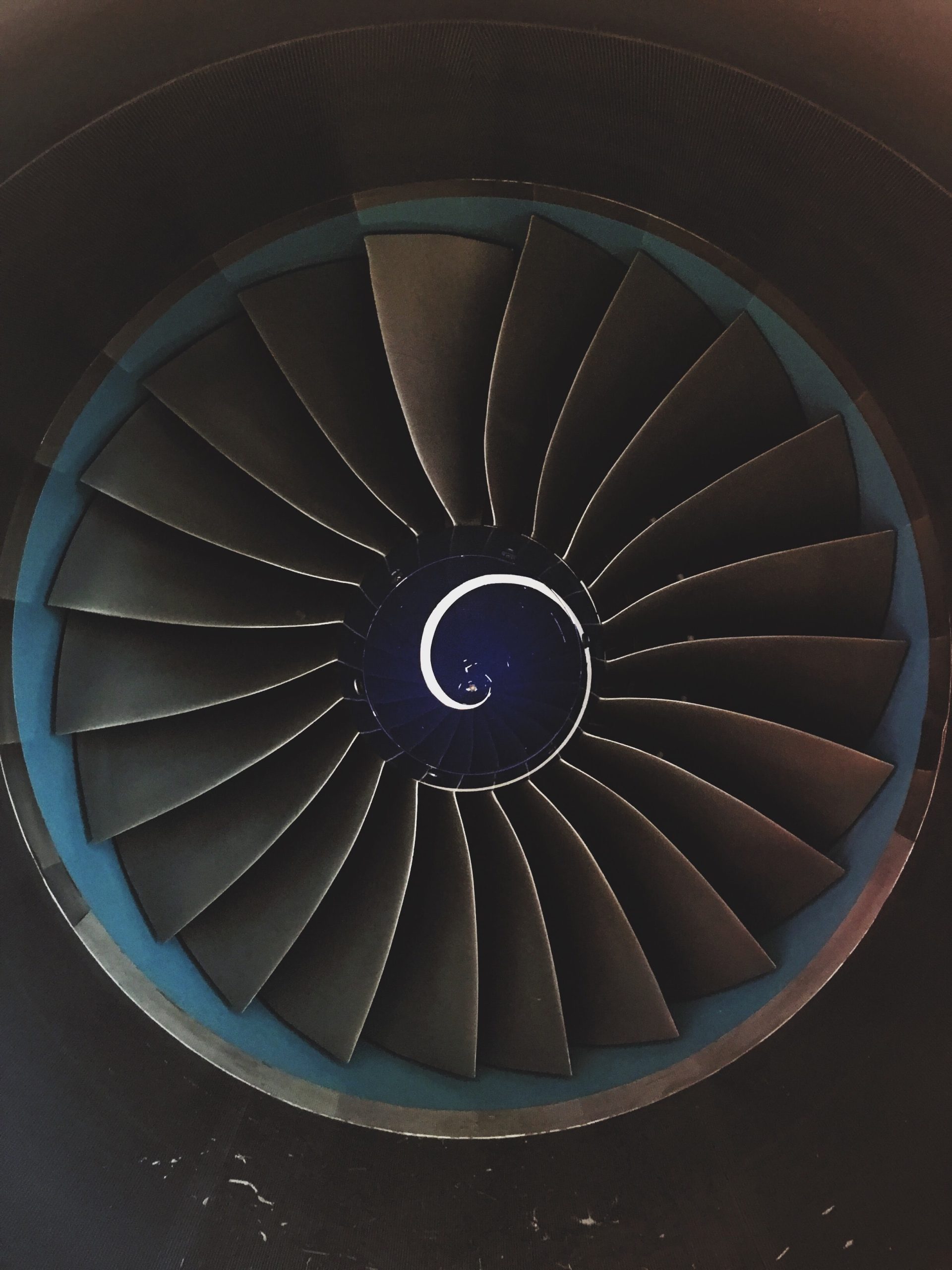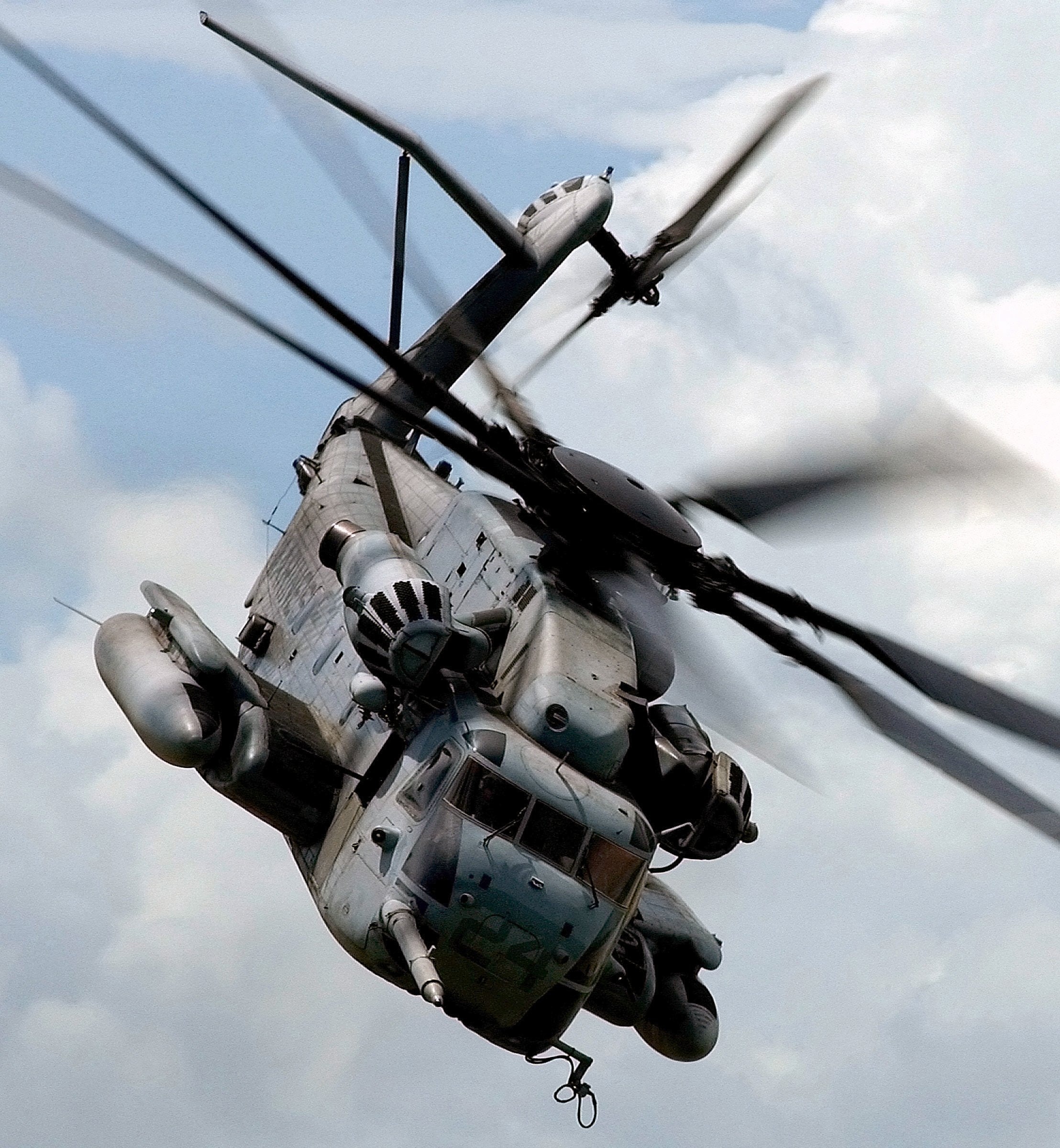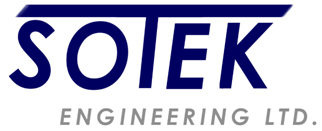Sotek Engineering
Aerospace / Defence

Aerospace
CNC manufacturing is widely used in the aerospace industry for the production of a wide range of parts and components. The aerospace industry demands very high precision, accuracy, and reliability in its parts, and CNC machines are well-suited for meeting these requirements.
One of the key advantages of CNC manufacturing in the aerospace industry is its ability to produce parts with complex geometries and tight tolerances. Many aerospace parts are highly complex and require a high degree of precision, which can be difficult or impossible to achieve with manual machining. CNC machines, on the other hand, can produce highly accurate and consistent parts with minimal human intervention.
CNC machines are also highly versatile, allowing them to produce a wide range of parts and components for the aerospace industry, including engine components, structural parts, landing gear components, and more. They can work with a variety of materials, including titanium, aluminum, and composite materials, which are commonly used in aerospace applications.
In addition to their precision and versatility, CNC machines can also help to improve efficiency and reduce costs in the aerospace industry. By automating the manufacturing process, CNC machines can operate continuously, reducing the time and labor required to produce parts. This can help to lower production costs and improve overall productivity.
Overall, CNC manufacturing plays a critical role in the aerospace industry, enabling manufacturers to produce high-quality, precise parts quickly, efficiently, and with consistency.
Defence
CNC machining is widely used in the defence industry to produce complex and precise parts and components for a variety of applications. Some of the key uses of CNC machining in the defence industry include:
Aircraft parts: CNC machines are used to produce a wide range of aircraft components, including engine parts, structural components, and landing gear components.
Military vehicle parts: CNC machines are used to produce components for military vehicles, such as tanks, armoured vehicles, and military trucks. These components can include suspension parts, engine components, and more.
Weapon systems: CNC machines are used to produce a wide range of components for weapons systems, including ammunition components, firing mechanisms, and targeting systems.
Communication equipment: CNC machines are used to produce components for communication equipment, including antennas, connectors, and other components.
CNC machining is particularly well-suited for the defence industry, as it allows for the production of highly precise and complex parts with a high degree of consistency. CNC machines can work with a wide range of materials, including metals, plastics, and composites, which are commonly used in the defence industry.
Another advantage of CNC machining in the defence industry is its ability to produce parts quickly and efficiently. By automating the manufacturing process, CNC machines can operate continuously, reducing the time and labor required to produce parts. This can help to lower production costs and improve overall productivity.
Overall, CNC machining plays a critical role in the defence industry, enabling manufacturers to produce high-quality, precise parts quickly, efficiently, and with consistency, which is essential for the safety and performance of military equipment and vehicles.

